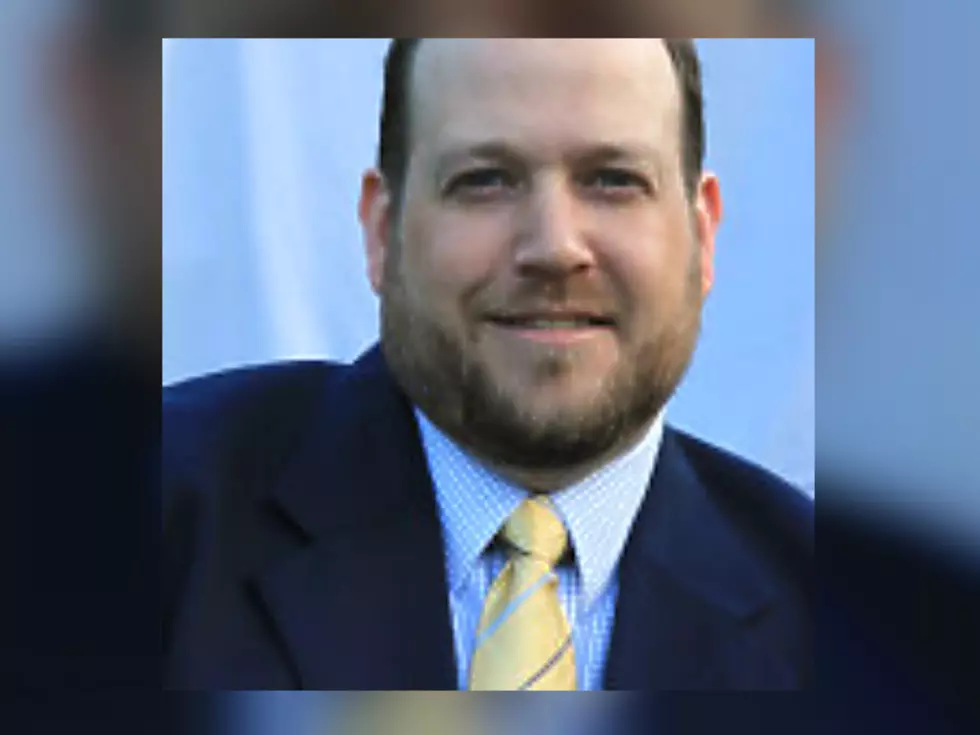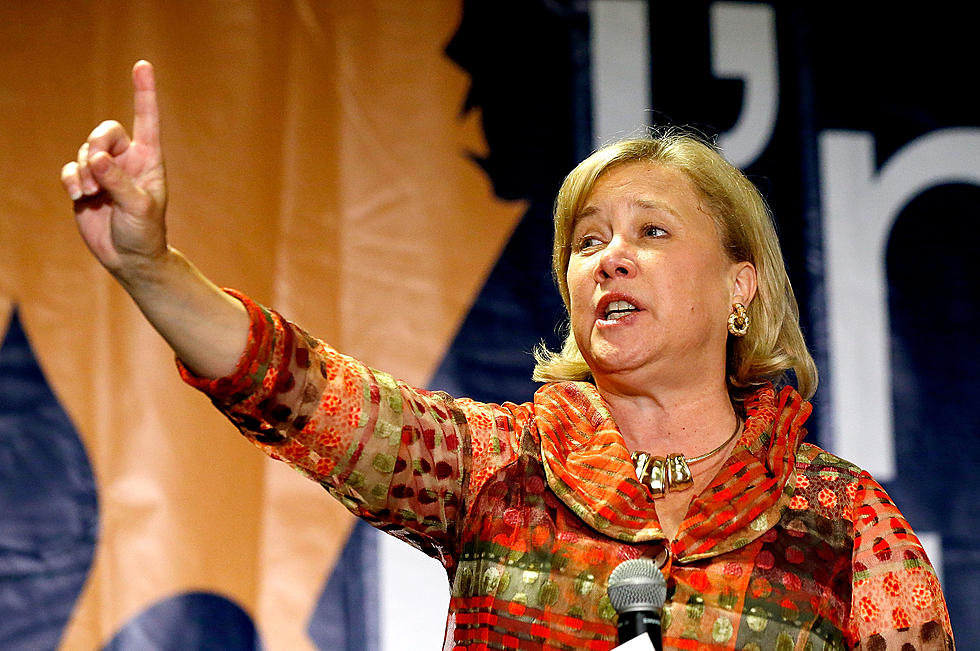
Landrieu Calls On Feinberg To Establish More Effective Method To Evaluate Claims
WASHINGTON – United States Senator Mary L. Landrieu, D-La., sent a letter to Gulf Coast Claims Fund (GFFC) Administrator, Ken Feinberg yesterday, urging him to establish a better method for evaluating losses incurred by individual claimants. Landrieu’s suggestions were part of the GCCF’s process to obtain public comments on its proposed methodology for calculating final settlements.
“The GCCF’s proposed methodology concerns me on two specific fronts: the lack of a formalized, individual assessment of losses for all claims, including those below $500,000; and insufficient accommodation of the inherent uncertainties associated with a recovery of this magnitude,” Sen. Landrieu wrote. “As we have previously discussed, I also believe the appeal threshold of $250,000 for an individual and $500,000 for a business to be unreasonably high. It is my hope that the methodology will serve as a starting point and that each claim will receive an individually tailored review regardless of size.”
Sen. Landrieu noted that the GCCF’s methodology proposes using 2008-2009 numbers to establish historical earnings, but with two hurricanes, Gustav and Ike, making landfall in Louisiana in 2008 and shrimp prices falling to unprecedented levels in 2009 in the midst of the recession, these years may not provide an accurate basis for future earnings projections.
Sen. Landrieu also recommended establishing a peer review process for any scientific studies used in the award calculation methodology and actively engaging the scientific community in a public, transparent manner.
“Perhaps the single biggest challenge you face is providing a credible and reliable estimate of how long it will take for the Gulf and its dependent industries to return to normal,” Sen. Landrieu wrote. “Ecosystem recovery doesn’t necessarily result in simultaneous market recovery, because consumer perceptions and demand may take longer than the marine environment to rebound. In a study recently commissioned by the Louisiana Seafood Promotion and Marketing Board, 71% of those surveyed in December indicated lingering concerns about the safety of Gulf seafood as a result of the oil spill. The level of concern fell only four percentage points from October 2010 through December 2010, indicating the pervasive damage this spill has done to the Gulf brand. I encourage you to factor brand and market recovery projections into the methodology, in addition to the environmental and ecological data.
“Even with the best and brightest scientific minds though, we will never be able to predict with perfect accuracy what will happen in the future, and I believe including some protection against an unpredicted and unforeseen fishery collapse would significantly increase the credibility of the GCCF.”
More From News Talk 96.5 KPEL









